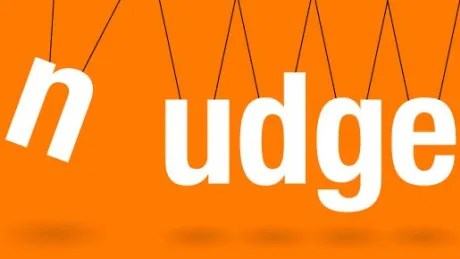The Guardian reported today that job seekers are being forced to take apparently ‘bogus’ psychometric tests. The questionnaire that job seekers have been asked to complete was apparently exposed as a bogus test by The Skwawkbox Blog, which claimed the tests formed part of a ‘psy war’. It seems the bloggers showed that by going through the personality test without entering answers still resulted in the test providing a personality type.
I completed the test and, as with many such tests, I found it a struggle to complete because I became mired in the ambiguity of the questions and with their insistence on generalised statements. However, I can see how the test may have been designed with the ostensible purpose of helping to improve job seekers’ self-esteem. In particular, the questions posed by the test range across character traits that are socially approved (neighbourliness, compassion) and disapproved of (jealousy, vengeance) but the results of the test are all posed as strengths. The test finishes by encouraging users to ‘try to find a new way to use [your strengths] everyday’.
The test was developed by the Coalition Government’s ‘nudge unit’, which is overseen by David Cameron and operated by David Halpern.

The idea of ‘nudge theory’ is that population-wide behaviours can be shifted with relative ease if the right ‘nudge’ is found to modify individual choices. In this way nudge theory is firmly located within a particular economic tradition concerned with rational decision-making. Its proponents see it as a middle way of governing, neither an endorsement of a paternalistic state nor extreme libertarianism. Prof. Richard Thaler, one of its developers, believes nudge can give people freedom of choice whilst steering them in the ‘right’ direction. Away from total self-interest and negative behaviour towards social responsibility and self care. The premise, then, is that individuals can still make rational decisions, maintain an individualised identity and participate in free (market) choice.
Despite the obvious problems such thinking has begun to influence policy in the USA and the UK, for instance in the context of healthcare crises around obesity, smoking and so on, where individual behaviours have large social consequences. For example, in his book (with Cass Sunstein), Thaler argues that organ donations can be increased through ‘presumed consent’ (assuming consent to donate as the default) or ‘mandated choice’ schemes (forcing people to make a choice regarding donation when, for example, obtaining a drivers license). The idea, of course, is that these shifts in the structures that require, shape and produce choices will nudge people in the right direction towards agreeing to organ donation. Most people can agree it would be good to increase organ donation.

The point of nudge, however, is that it doesn’t require companies to take any responsibility for shaping consumer choices, which they do from birth to death. And most of their marketing and advertising works to drive people towards negative health outcomes like obesity (through excessive consumption), diabetes (from sugar-loaded foods), cardiac problems (from fat-laden meals) or cancer (from smoking, drinking and eating too much). Ostensibly, neo-liberal ideology wants people to make free and informed choices but of course people can’t do so when billions of pounds are being spent every year on advertising hamburgers, crisps, ready meals, cigarettes and booze, and when massive corporations lobby the government to prevent legislation that would protect consumers from these unhealthy products.
Contemporary neo-liberalism, which nudge is understood to supplement, is having to bend over backwards in order to maintain an ideological commitment to preserving the rights of companies whilst giving individuals free choice. All of which flies in the face of extraordinary evidence that people are not rational decision-makers, or merely self-serving robots pursuing self-interest. The complexity of everyday life and consumption leaves the nudge theorists struggling to understand how to shape people’s actions whilst preserving a commitment to consumer choice in order to make sense of people’s actions for neo-liberal ideologues who won’t take any responsibility for governing nor for regulating markets – unless its to portion off parts of the NHS for their mates in business.